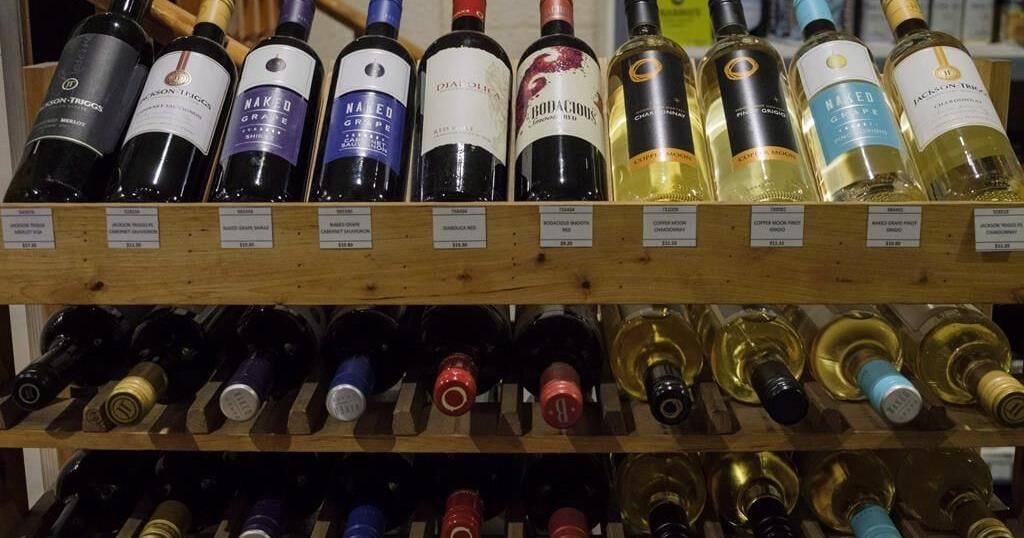EDMONTON – Albertans won’t be able to buy alcohol from grocery and convenience stores after all.
It’s something the provincial government has been exploring since late last year, and the province says it has decided not to move forward in order to protect private retailers.
The government says the decision comes after a committee of elected officials consulted with industry representatives, liquor store owners and experts.
It says if grocery and convenience stores were able to enter the alcohol retail market, there would be liquor store closures, job losses and decreased product variety.
Earlier this year, grocery and corner stores in Ontario were allowed to start selling beer, wine and canned alcoholic drinks in competition with provincially owned Liquor Control Board of Ontario stores.
Service Alberta Minister Dale Nally says maintaining the status quo will allow the estimated 1,600 privately-owned liquor stores in the province to stay successful.
“Alberta’s private liquor model is a jewel in the crown and allows small businesses to thrive while providing a wide variety of products and services,” Nally said in a news release.
Scott Sinclair, the legislature member for Lesser Slave Lake, was on the committee involved in the decision.
While allowing grocery and convenience stores to sell alcohol would be convenient for consumers, he said, it would have a “detrimental effect” on the existing private alcohol retail industry.
This report by The Canadian Press was first published Oct. 2, 2024.

























